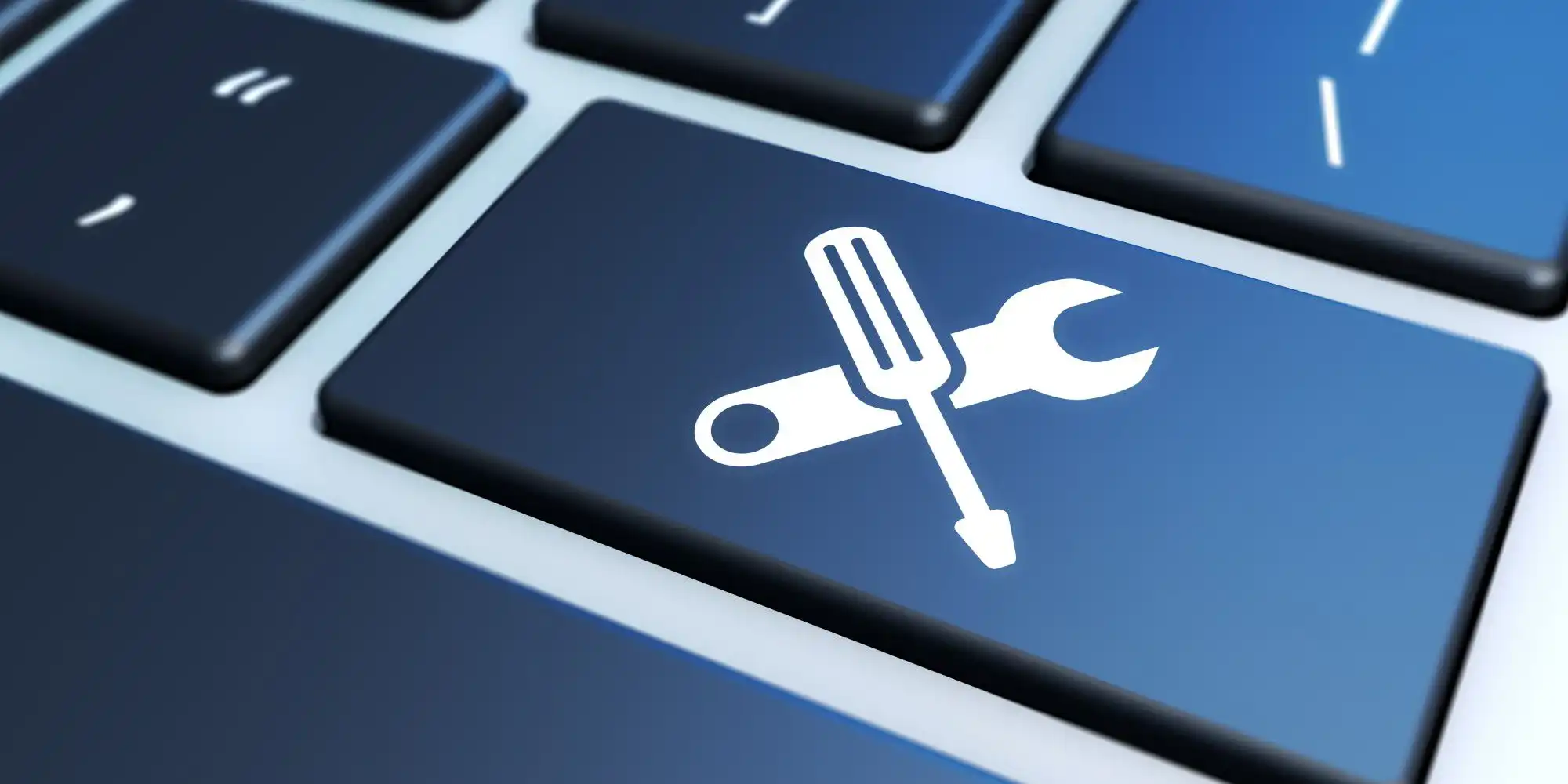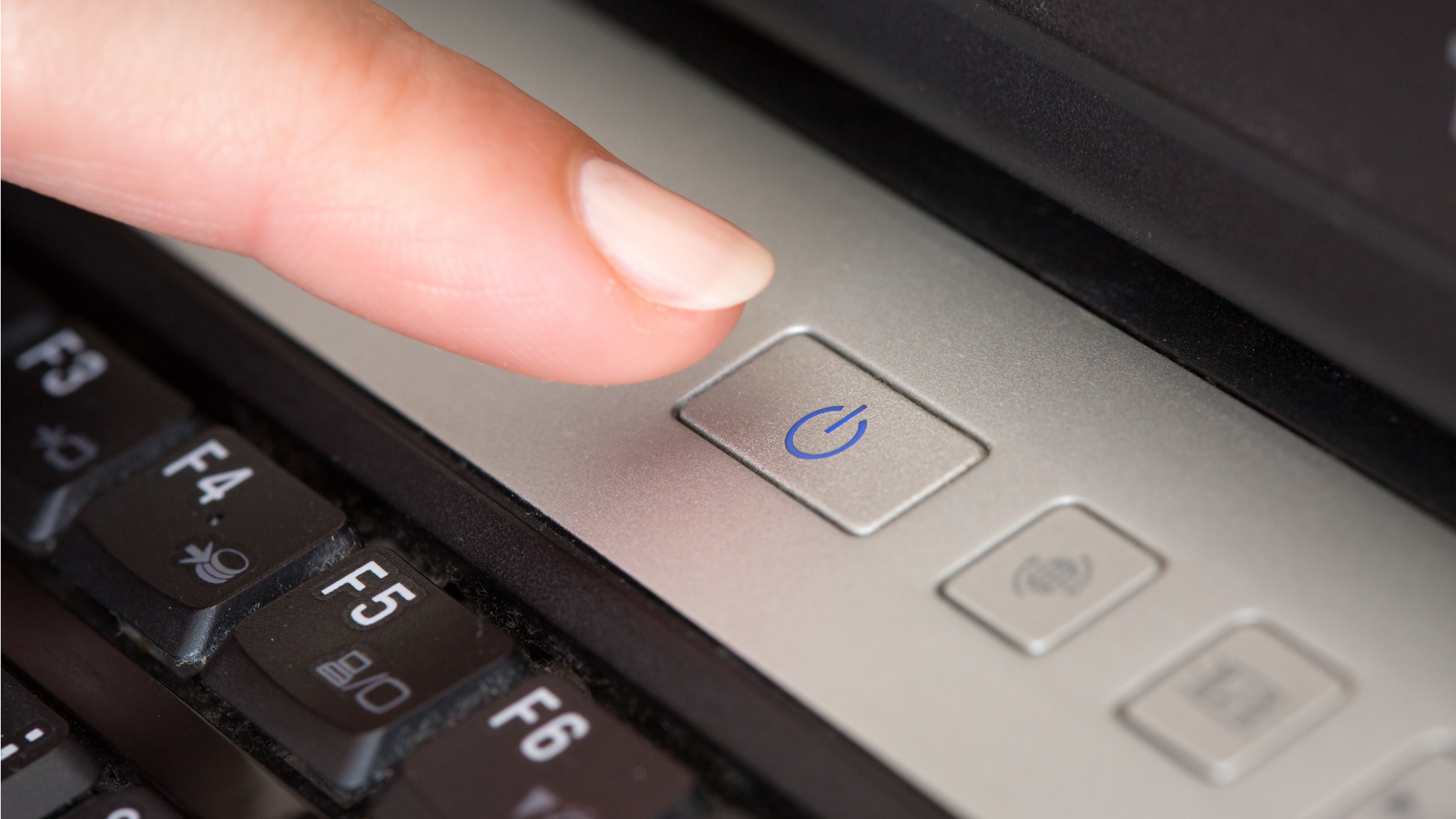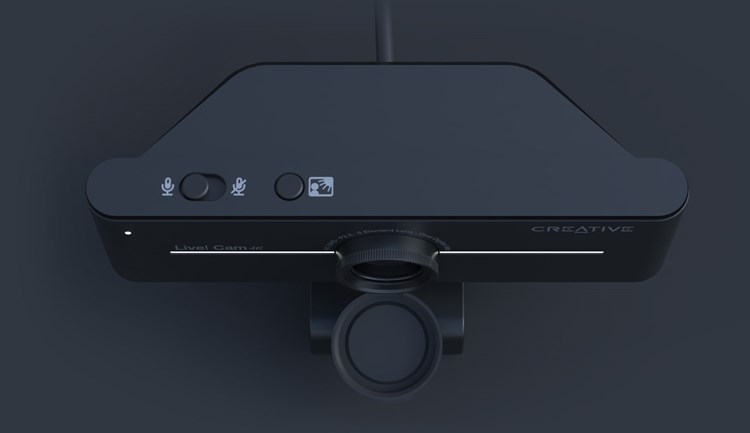Limited storage space, slow system startup — high time to free your storage drive and Windows from ballast.
With a newly installed Windows PC, only a few system services and programs start. The resource requirements are correspondingly low and the operating system responds quickly.
This changes over time, which is mainly due to the additional software installed. Programs and services that start automatically after Windows logon lead to delays. The startup time of the system increases and it takes longer and longer for the desktop to respond to mouse clicks or for a program to start.
How noticeable the system slowdowns are depends on the overall performance of the computer and the performance of the hard drive or SSD.
As a general rule, a program that is only installed but does not start automatically cannot slow down Windows. However, this only applies if there is enough space available for temporary files or downloading updates, for example.
To avoid mistakes, you should therefore never fill drives close to their capacity limit. With both hard drives and SSDs, too little free space also affects speed for other reasons (see box “Making the most of hard drives and SSDs”).
As in real life, tidying up is also a regular task in Windows. Removing superfluous files ensures that there is always enough free space on the drive. You should also remove unused programs, move particularly large files from the SSD to an existing hard drive and deactivate autostart if it is not required.




